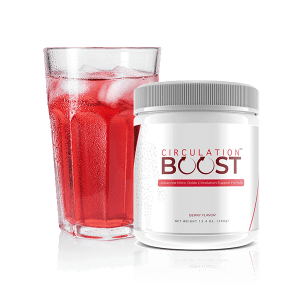Did you know that sleep affects your heart? According to recent studies, the following may be the best time to go to bed for your heart.
A new study suggests that if you want to lower your risk for heart disease, falling asleep between 10 pm and 11 pm may be ideal. The analysis of more than 88,000 adults shows that those who fall asleep between 11-11:59 pm had a 12% greater heart disease risk. Moreover, the risk increases to 25% if you fall asleep at midnight or later.
However, a similar risk percentage (24%) was present in those who fell asleep earlier than 10 pm. The results are available in a report published on November 8, 2021, in the European Heart Journal-Digital Health.
Sleep and Heart Health
 “The body has a 24-hour internal clock, called circadian rhythm, that helps regulate physical and mental functioning,” says neuroscientist and co-author of the study David Plans.* “While we cannot conclude causation from our study, the results suggest that early or late bedtimes may be more likely to disrupt the body clock, with adverse consequences for cardiovascular health.”
“The body has a 24-hour internal clock, called circadian rhythm, that helps regulate physical and mental functioning,” says neuroscientist and co-author of the study David Plans.* “While we cannot conclude causation from our study, the results suggest that early or late bedtimes may be more likely to disrupt the body clock, with adverse consequences for cardiovascular health.”
Plans and his colleagues used UK Biobank, a biomedical database, as a source for their data. UK Biobank contains information about more than 500,000 volunteers regarding their demographics, lifestyles, and health.
Their research focused on 88,926 adults with an average age of 61. Participants wore accelerometers for seven days to provide data on their sleep onset and waking times.
The Study Findings
According to the study, cardiovascular incidents were lowest among participants who fell asleep between 10 and 10:59 pm. Dr. Francoise Marvel, an assistant professor and co-director of the Johns Hopkins Digital Health Lab at Johns Hopkins Medicine in Baltimore, says the study shows the importance of sleep in heart health.
However, “there is a huge important gap to recognize,” says Marvel. “There is no evidence to suggest at this point that improving sleep will effectively reduce cardiovascular events, like heart attack and stroke.”
The Outlook
 The American Heart Association provides primary prevention guidelines that suggest sleeping less than six hours increases your hypertension risk. While the study shows an association, it doesn’t prove that falling asleep at certain times leads to heart disease.
The American Heart Association provides primary prevention guidelines that suggest sleeping less than six hours increases your hypertension risk. While the study shows an association, it doesn’t prove that falling asleep at certain times leads to heart disease.
However, if you want to take care of yourself, make sure you get enough sleep, eat healthily, and take supplements. For example, Circulation Boost is a great supplement that effectively boosts your circulation and blood pressure health. Start giving your health the support it deserves by sleeping well and taking Circulation Boost.
–
David Plans is head of research at Huma, a London health tech company that supports decentralized clinical trials. He is also a senior lecturer at the University of Exeter in the U.K. Huma often clears their studies through the ethics committee at the University of Exeter.

